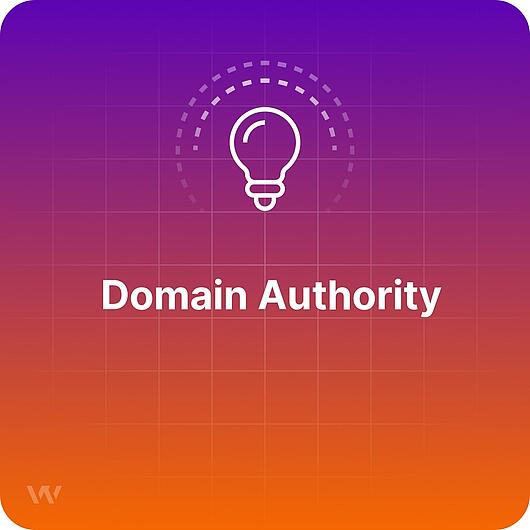- Why Us?
- Features
White Label
For SaaS Platforms & Agencies
Provide our complete analytics suite to your clients, directly within your own interface and with your/their own branding. Discover Analytics-as-a-Service and White Label Analytics. Great benefit, minimal effort.
- Pricing
- White Label
- Blog
- Chatbots, Assistants & AI Search: Tracking AI-Driven Website Traffic
- Use Case: Using TWIPLA’s Conversion Funnels to Uncover Onboarding Friction
- Website Intelligence News Roundup February 2025
- Website Intelligence News Roundup January 2025
- Alarming Behavior Tracking: Dead Clicks, Rage Clicks and More
- Data Management Strategy: Steps + Insights from Aleksejs Plotnikovs
- Craft a Successful Data Analytics Strategy in 6 Steps
- Interview: Aaron Weller on AI Privacy Challenges
- ResourcesExpand Your KnowledgeGetting Started
A factor that greatly influences the Domain Authority is the number and quality of the web pages and web domains that are linking to that domain, in comparison with others from the same subject area. For instance, Wikipedia might be the most referenced web domain in the world, with a huge number of other websites linking back to it, which brings its’ D.A. to 98. Such a domain will also help other websites grow their own D.A. by linking to them. For instance, if you own a small hotel and your website is referenced, with a backlink to your address, by Lonely Planet (D.A.=92) and National Geographic (D.A.=93), your relevance and D.A. will likely increase significantly. Having numerous backlinks from lower D.A. domains may also be beneficial, as long as they have some relevance for your activity.
A high number of backlinks from irrelevant, low D.A. domains, will most likely not help increase your D.A. and could even hurt your rankings.
What is a good Domain Authority score?
The D.A. is mostly used as a comparative score between competing websites, not as an absolute one. A score of 20 might be good, if you are competing with websites that are below that. Improving your SEO and implementing a backlinking strategy are good ways of improving Domain Authority. While it is easier to grow from a score of 1 to a score of 20, it is then increasingly difficult to significantly improve your score above that. Elements such as domain age and frequency of updates may come into play when determining the D.A. This goes to show that it is difficult to surpass websites that have been active for a lot longer than yours and the entire process takes a significant amount of time.


